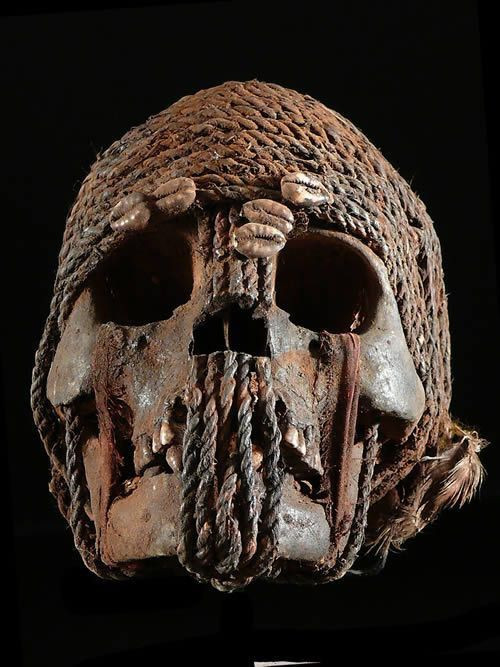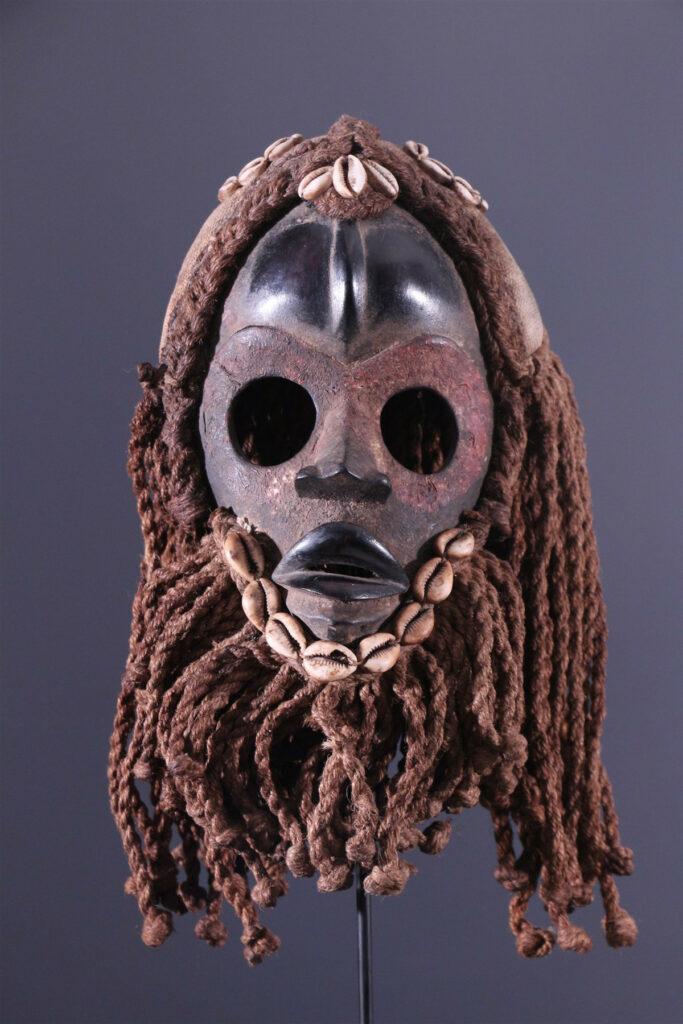The Importance of Ancestral Relics
Relics like skulls are important in many cultures around the world. They serve as connections to our ancestors, keeping their memory alive and linking the living with the dead. In Benin, the Fon ethnic group holds a special respect for skull relics, a practice that has deep roots and continues today.

Skull Veneration Across Cultures
Skull relics can be found in various ancient communities. For example, groups such as the Dayaks of Borneo, tribes in the Sepik region of Papua New Guinea, and several African tribes like the Tiv of Nigeria and the Kota of Gabon also have traditions surrounding skulls. These skulls are often carefully crafted, covered in clay, and can be decorated with items like red Abrus seeds.

The Fon Tradition and Its Challenges
A local Vodun priest named Gambada shared that these relics were mainly used by the Ada people for divination. However, during the 1970s, President Kérékou banned their use. This law forced many people to hide or bury the skulls because owning or using them could lead to imprisonment.
Ritual Importance of Fon Skull Relics
For the Fon people, skull relics play a crucial role in rituals, especially concerning marriage and fidelity. On their wedding day, couples might visit a fetish priest, who could suggest they pass naked before an altar with a skull and pray. If either partner cheated, they believed they would face punishment from their ancestors, possibly leading to severe illness or madness.

If the unfaithful partner admitted their mistake, they could return to the altar with an elder to ask for forgiveness and take part in a purification ceremony. This often resulted in divorce, preventing the unfaithful person from remarrying.
Legacy of Fon Skull Relics
The Fon skull relics represent the lasting cultural practices and beliefs of this African group. They are tangible connections to the past and serve as a way to communicate with ancestors while preserving important traditions. Despite social changes, the Fon people’s respect for these relics remains strong, helping to keep their rich cultural heritage alive.

